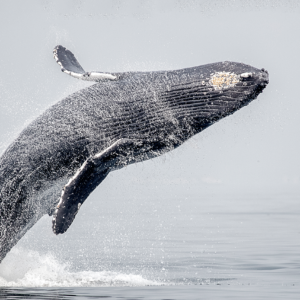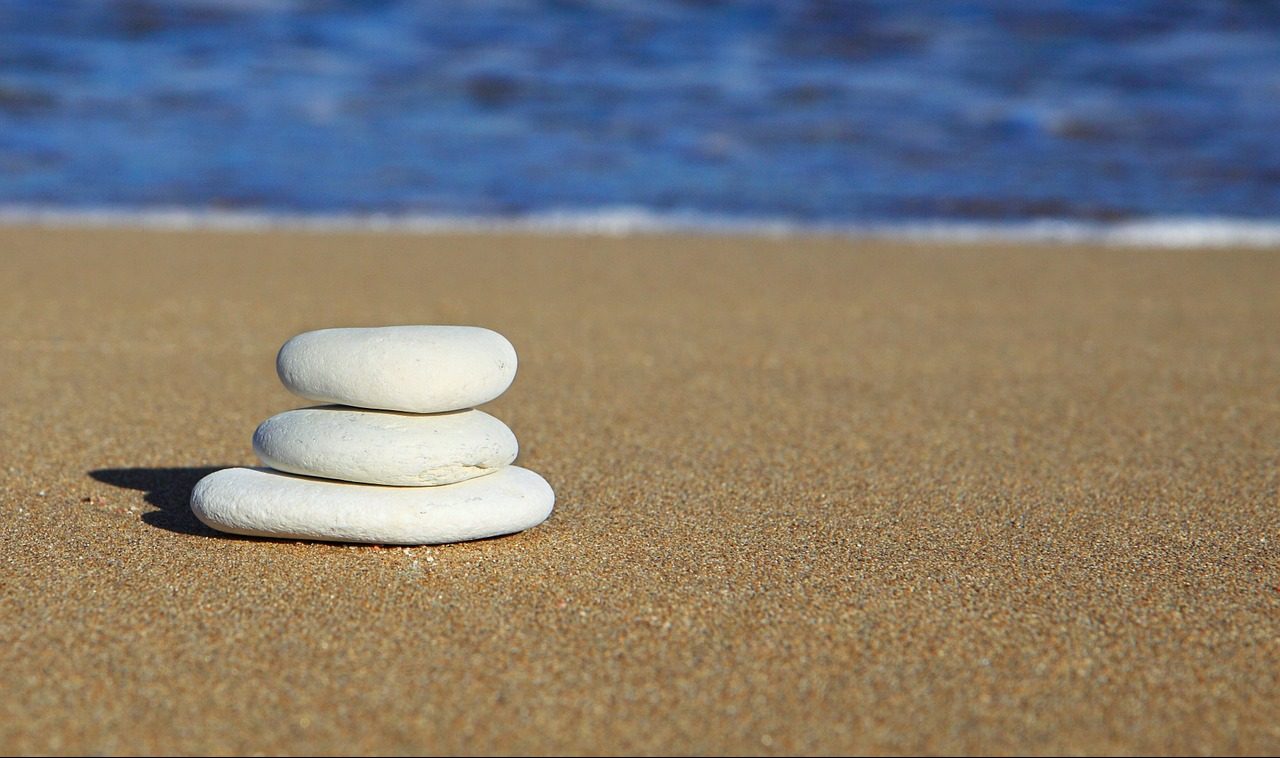Protecting our Oceans & Marine Wildlife
In 2019, millions of people have seen the evidence of human impact on our oceans and wildlife. From turtles to whales to polar bears and sea birds, people everywhere are now seeing the devastation caused by receding ice levels, rising sea levels, warming waters, and plastic pollution.
There are prominent stories of whales washing up on beaches with stomachs filled with plastic, but there are also entire islands that we could see disappear beneath the rising sea. The impact that human behaviour is having on the planet is devastating our planet in more ways that one. Individual and collective action must be taken today.
Amongst all the bad news, there is still hope! There is a panoply of things everyone can do today to help protect our oceans and marine wildlife species.
Here’s how to protect our oceans today!
1. Take a look at your carbon footprint, and reduce it
Individuals aren’t even close to entirely responsible for carbon emissions in the atmosphere, but we can still do better. Here are three places of opportunity to adopt habits that will make our lives less carbon intensive.
- At home: Reduce your energy use
- Unplug unused appliances, use power bars and turn them off at night. Wash clothes in cold water and hang to dry. Use LED light bulbs and when buying new electronics, opt for the energy-efficient option.
- On your plate: Support local and eat seasonally
- Buying from local farmers and eating seasonally go hand in hand. This minimizes the distance between where your food is grown and your plate and also minimizes the carbon cost of transportation from the source to the point of sale.
- Going places: Walk, bike or opt for public transportation
- If it is accessible, try to walk or bike anywhere within a 5 km radius of your starting point. Beyond that, opt for public transportation before driving, then buses or trains before planes. Finally, buying carbon offsets for unavoidable carbon-intensive transportation.
2. Pressure your government to take action
The Canadian government has promised us that they would double protected areas by 2020. This means that 17% of lands and inland waters and 10% of our oceans and coastal areas will be protected by the end of next year in Canada.
If you want to see that happen, we need to hold them to it! Get involved in our protected areas work where YOU can help defend some of Canada’s most valued ecosystems.
3. Reduce consumption of plastic & single-use items
Whenever I make a purchase, I reflect on where the item will end up when I am done using it. Here are a few tips to reduce new plastic or single-use coming into your life.
- Refuse single-use items you don’t need.
- For me, these items included samples at stores, pens from hotels, utensils and napkins with take-out food and any additional wrapping on items that I order online or in a store.
- Opt for items that can rot or be recycled.
- Materials that are compostable (non-treated paper, cardboard) or for items in tin, metal or glass before anything non-recyclable (like many plastics!).
- Bring your own packaging.
- This includes bags for groceries & produce, but doesn’t limit itself to food. All purchases can be carried in reusable bag.
- Buy clothes secondhand and items made with natural fibers.
- When we wash clothes made with synthetic fibres there are small pieces of the fibre that wash off over time, and enter our waterways. By purchasing items second-hand, we decrease demand for new items that will create micro-plastics. By purchasing clothes made with natural fibres (jute, wool, hemp, cotton, silk), we are decreasing the possible amount of micro plastics that will eventually end up in our waterways.
Nature Canada along with 30 other leading nature conservancies and environmental organizations, signed a joint Declaration on Plastics. This declaration highlights that now is the time for a national waste reduction strategy, and that it, if implemented correctly, could lead Canada to zero plastic waste by 2025. Learn more about this declaration and how groups across the country are raising awareness on plastic pollution.



